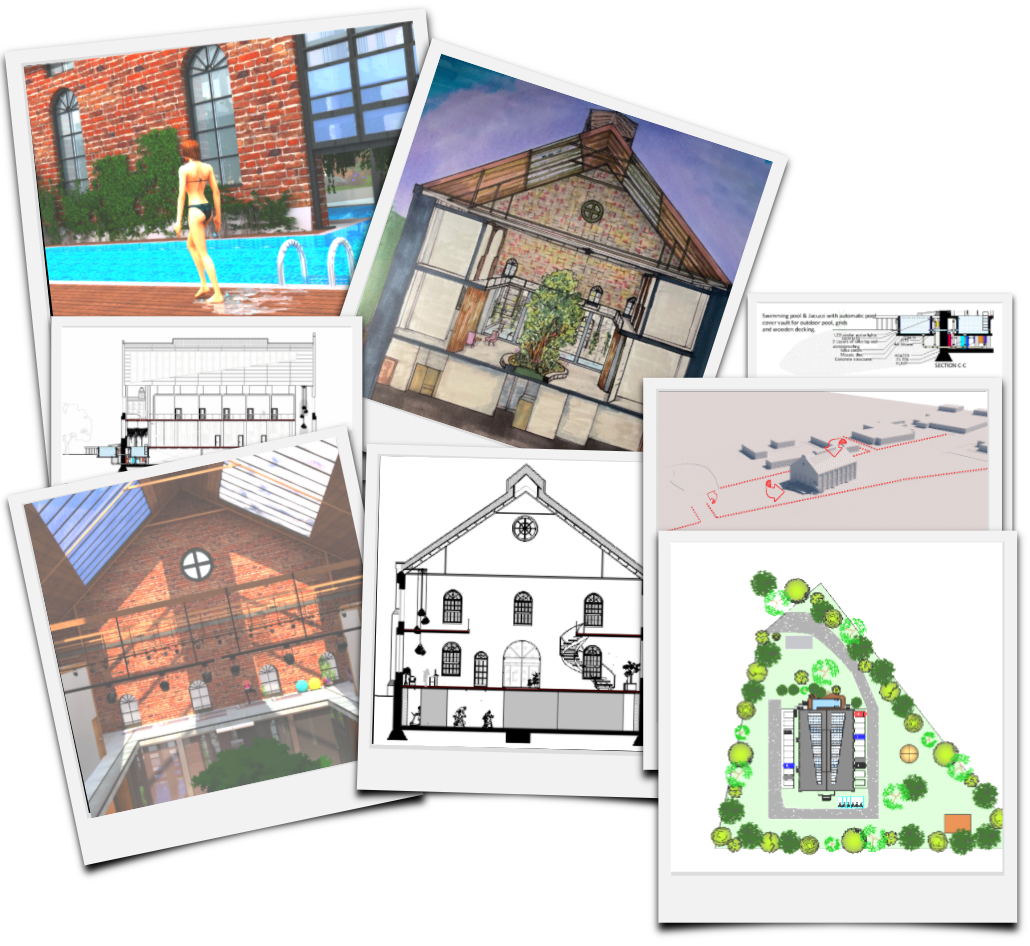Rhondda Recovery Centre
Academic Project
Situated near the bottom of the valley at the side of the River Rhondda, the Rhondda
Recovery Centre is a residential rehab clinic for women which aims to treat
malicious and unhealthy addictions that could be drug or alcohol related as well as
repurpose its patients with new skills. The core-focus of the recovery centre is to
provide its patients with continuous access to support, enlighten and teach them new
skills and through togetherness, aims to build a recovery community with individuals
that are there to support each other.
As a consequence of the successive series of lockdowns we have faced over the last
year in Britain, the Royal College of Psychiatrists has indicated that the risk of
building long-term unhealthy addictions has doubled, and that the services currently
in place to treat people are in desperate need of funding. Having worked with the
NHS and being aware of these issues, is what led me to investigate the possibility
and feasibility of designing the Rhondda Recovery Centre, as the precedents as well
as necessity to have such a facility as implied above certainly exist.
From an interior design perspective, I wanted to challenge myself by undertaking a
project which would truly require thorough and detailed building analysis to serve
its patients and ultimately, a design that supports people. Predominantly, this
meant investigating existing recovery centres and the functions they provide, such
as Castle Craig in Scotland, as well as deep diving into what interior features
affect the well-being of an individual positively and negatively, which I also
investigated as part of my dissertation, and how wooden furniture evidently improved
the mental health of people.
The location of the Recovery Centre was chosen as its close the River Rhondda, which
is easily accessible by transport as its nearby the centre of Llwynypia. A sense of
nature surrounding the building tremendously helps mental well-being and existing
facilities such as Equine-assisted therapy are already in-place, where patients can
involve themselves in activities with horses. In addition, its location also allows
for drumming therapy, which also heals, without having to worry about disturbing
surrounding facilities and/or inhabitants as the centre is out-of-town and secluded.
